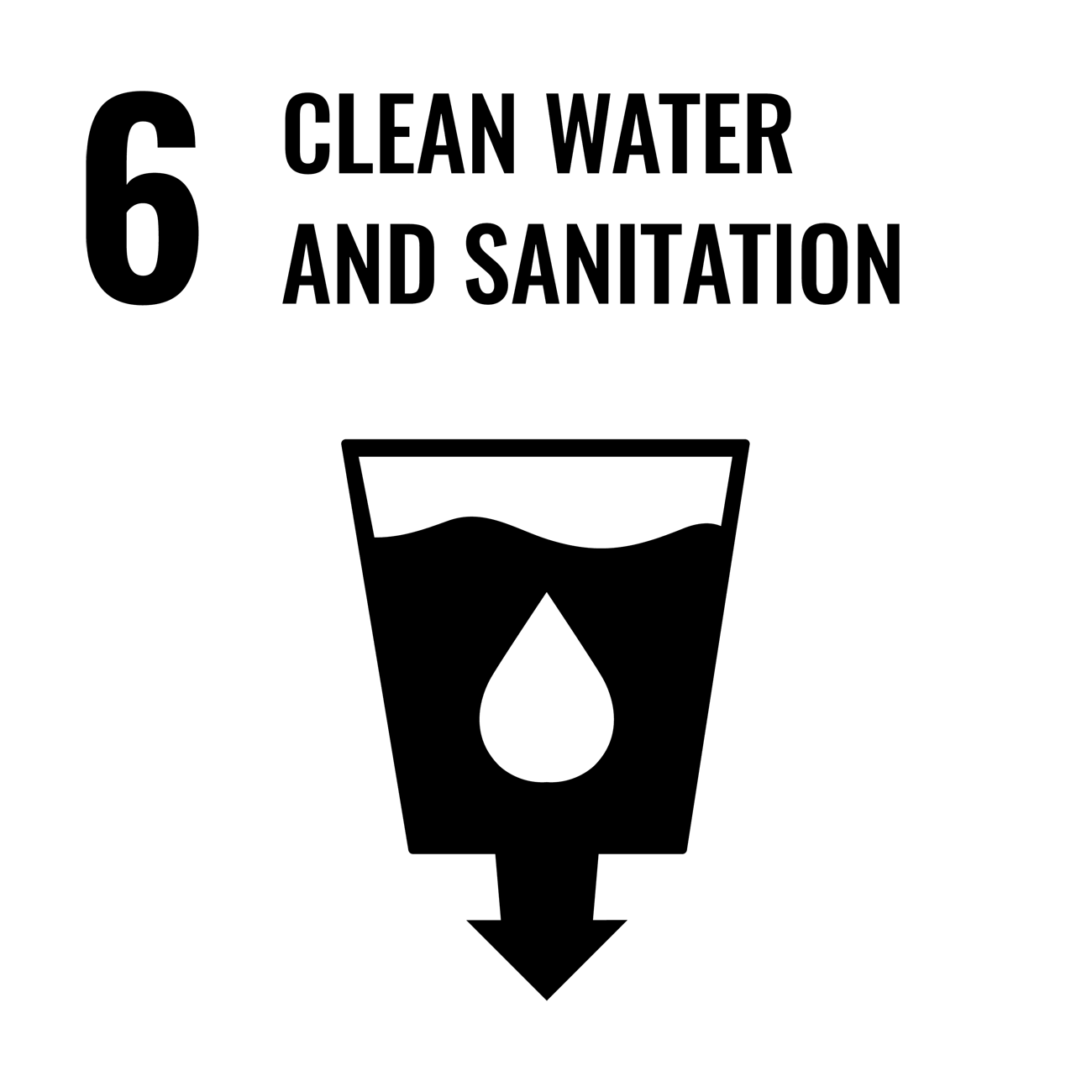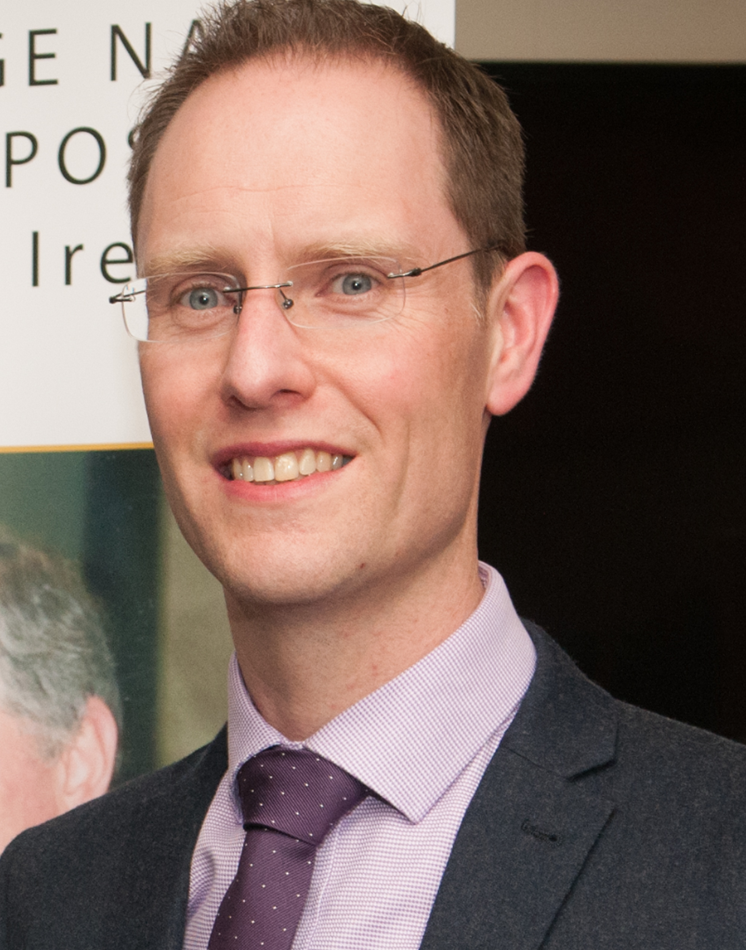As the first Chair to focus on the science of hydrology, the team is working with partners across the globe to develop a transformative approach to the world’s ‘wicked’ water problems. Their long-term vision is to understand water cycle processes, hydrological events (flood, drought) and water-related impacts under climate and other drivers of change.
Outreach and fostering greater links between society, industry, research institutes and universities is central to the Chair’s goals, with the three pillars of their work as follows. One, to protect our freshwater systems from the threats of development, pollution and climate change. Two, to help those populations living with the effects of water shortage, lack of clean water, poor sanitation and the impact of droughts and floods. And three, to engage local people as ‘citizen scientists’ in finding solutions to water issues and to build human and ecosystem resilience.
The establishment of the UNESCO UNITWIN network in “Ecohydrological Interfaces” with universities and institutes in France, Australia and India provides exciting opportunities for the Chair to maximise reach and impact. With many more members expected to join, it will no doubt continue to foster high quality research and forge on with solutions to the water crisis.
ABOUT THE CHAIR’S RESEARCH
David’s research into hydroclimatology has helped us gain a deeper understanding of the impacts of climate change water systems and riverine ecology, as well as the management and conservation of freshwaters. He and his team are involved in multiple international research projects as they look to understand the impact of changing forest dynamics on water quality in the Himalayas; adaptation strategies to protect Scottish freshwater fish from the detrimental effects of high river water temperature; and the consequences of climate-change induced glacier shrinkage on water security in Peru.
The work of the Chair has been recognised through the selection of ‘Water’ as an inaugural theme for the University of Birmingham’s prestigious new Institute for Global Innovation (IGI). Opened in March 2020 by Matthew Lodge, Minister and Ambassador of Great Britain and Northern Ireland to UNESCO, the IGI plays a key role in connecting the expertise of the University’s academics with a broad range policymakers.












